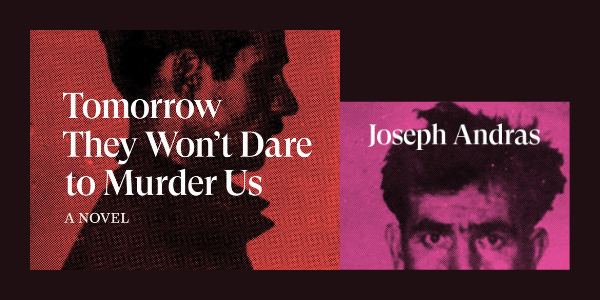
'A Stone in the Global Edifice.' An Interview with Joseph Andras
A new interview with one of the most important and radical writers in French literature

A new interview with one of the most important and radical writers in French literature
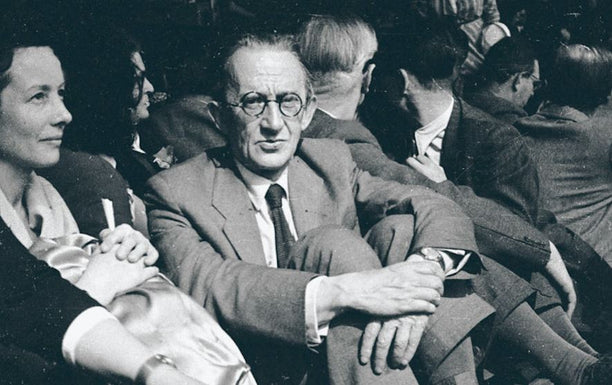
We publish here the text of one of the last interviews with Georges Lukács, given to Hungarian television. The interview was prepared and conducted by András Kovács. Lukács talks about his youth and the influence Lenin had on his own development as a revolutionary activist. His aim is to convey the sense of Lenin’s grasp on the richness and complexity of historical reality. The interview was recorded in October 1969. We are publishing here the first part, which is mainly about Lukács’s relationship with Lenin’s thought and action.
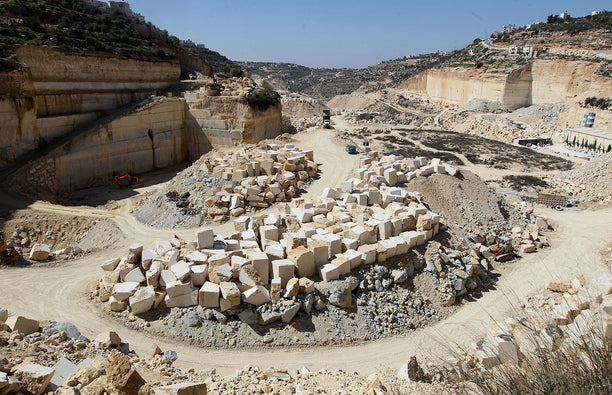
An interview with Andrew Ross on the stone industry in Palestine, the Zionist version of settler colonialism, the importance of technological changes in the construction industry, and more.
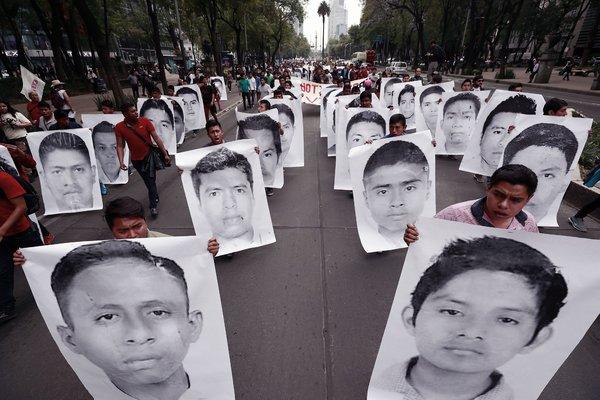
An interview on NPR's Weekend Edition with journalist Anabel Hernandez about her new book, A Massacre in Mexico: The True Story Behind the Missing Forty-Three Students.

"We have to come back to the straightforward explanation that this is a society which is structured by racial oppression and has been for its entire history."
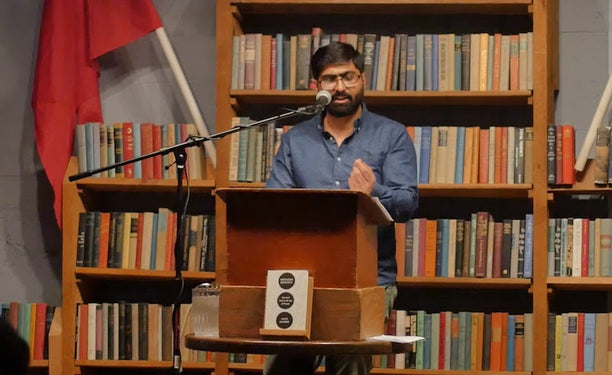
"We can't decide in the abstract which of any social relations is more determinant in any particular social phenomenon. Some have primacy in particular moments, some come in a particular kind of sequence, but we can't just say: race, class, which one is more important?"
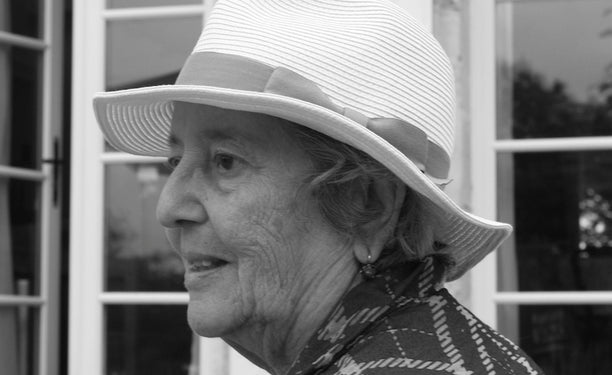
How did a young American woman, born to a secular, working-class New York Jewish family and raised during the Depression, end up in Algiers during a heady period of revolutionary fervor?
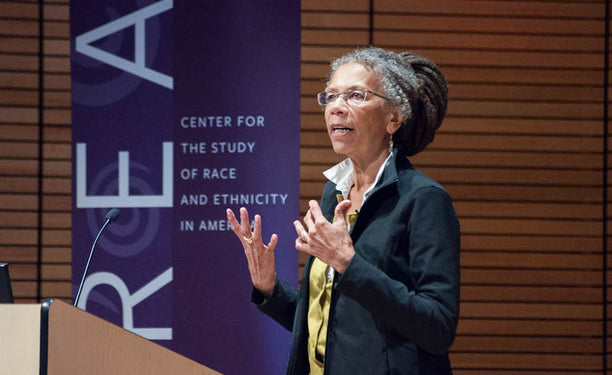
Ruth Wilson Gilmore discusses the function of prisons under racial capitalism, abolitionist organizing, mass incarceration and class struggle, and what has changed since the publication of Golden Gulag.

Historian Jennifer Le Zotte joins Betsy Beasley and David Stein to discuss used clothing and the place of second-hand goods in the capitalist economy.
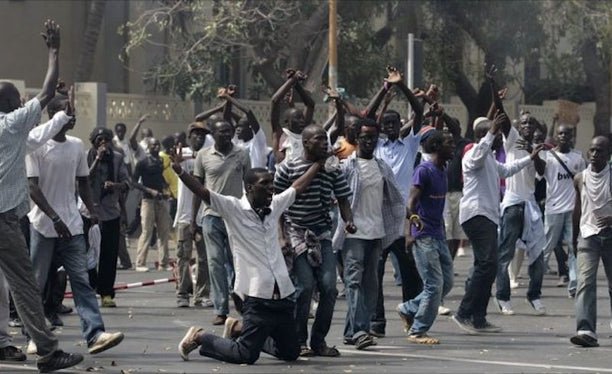
Researcher and activist Pascal Bianchini describes the lasting effects of the 1960s–70s student movement in Senegal and the condition of the Senegalese left today.
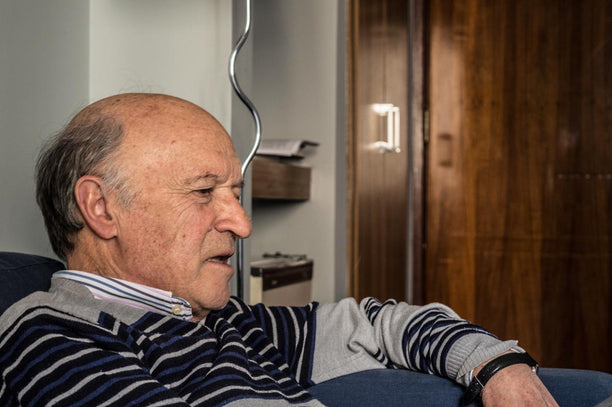
The communist militant, philosopher and historian Domenico Losurdo died in June. He worked for many years on the history of liberalism, as he sought to rethink the processes of emancipation. In this 2013 interview for l’Humanité he revisited the themes of his Liberalism: A Counter History.
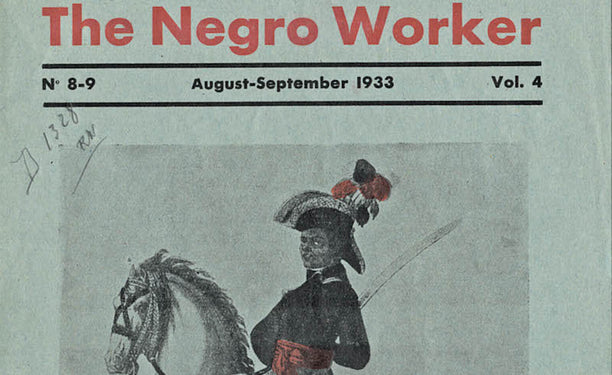
Historian Margaret Stevens discusses transnational connections between Black radicals during the interwar years, the interplay between militant Caribbean workers’ uprisings and Communist Party leadership, and the lessons of Communist anti-racist and anti-imperialist organizing.